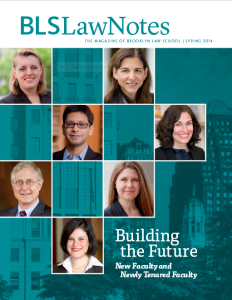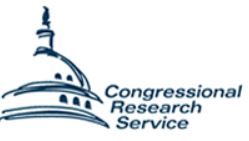 Brooklyn Law School has been selected as one of 19 law schools to join the U.S. Patent and Trademark Office (USPTO) Law School Clinic Certification Pilot Program this fall. Currently there are 28 law schools participating in the Program. BLS will participate specifically in the Patent practice area of the Program.
Brooklyn Law School has been selected as one of 19 law schools to join the U.S. Patent and Trademark Office (USPTO) Law School Clinic Certification Pilot Program this fall. Currently there are 28 law schools participating in the Program. BLS will participate specifically in the Patent practice area of the Program.
The Law School Clinic Certification Pilot program allows law students enrolled in a participating law school’s clinic program to practice Intellectual Property Law before the USPTO under the strict guidance of a Law School Faculty Clinic Supervisor.
Students gain experience drafting and filing either patent applications or trademark applications for clients of the law school clinic. Further, as they are authorized to practice before the USPTO, they gain experience answering Office Actions and communicating with either patent examiners or trademark examining attorneys for the applications they have filed.






